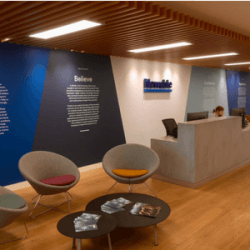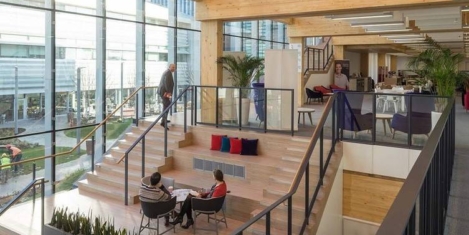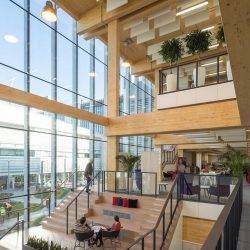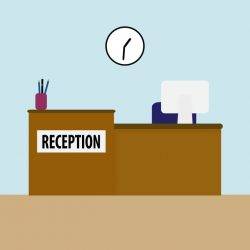To provide the best experiences, we use technologies like cookies to store and/or access device information. Consenting to these technologies will allow us to process data such as browsing behaviour or unique IDs on this site. Not consenting or withdrawing consent, may adversely affect certain features and functions.
The technical storage or access is strictly necessary for the legitimate purpose of enabling the use of a specific service explicitly requested by the subscriber or user, or for the sole purpose of carrying out the transmission of a communication over an electronic communications network.
The technical storage or access is necessary for the legitimate purpose of storing preferences that are not requested by the subscriber or user.
The technical storage or access that is used exclusively for statistical purposes.
The technical storage or access that is used exclusively for anonymous statistical purposes. Without a subpoena, voluntary compliance on the part of your Internet Service Provider, or additional records from a third party, information stored or retrieved for this purpose alone cannot usually be used to identify you.
The technical storage or access is required to create user profiles to send advertising, or to track the user on a website or across several websites for similar marketing purposes.
 A new report from the Capgemini Research Institute claims that, in the majority of companies (58 percent), automation is not yet meeting executives’ desired goals of increased productivity. The study, Upskilling your workforce for the age of the machine: Why a workforce upskilling strategy is key to unleashing automation’s productivity potential reveals that while automation does increase productivity to an extent, the key to reaching its full potential is by appropriate upskilling of the workforce.
A new report from the Capgemini Research Institute claims that, in the majority of companies (58 percent), automation is not yet meeting executives’ desired goals of increased productivity. The study, Upskilling your workforce for the age of the machine: Why a workforce upskilling strategy is key to unleashing automation’s productivity potential reveals that while automation does increase productivity to an extent, the key to reaching its full potential is by appropriate upskilling of the workforce.


































October 5, 2018
Developing a resilient mindset to cope with stress
by Portia Hickey • Comment, Wellbeing
(more…)